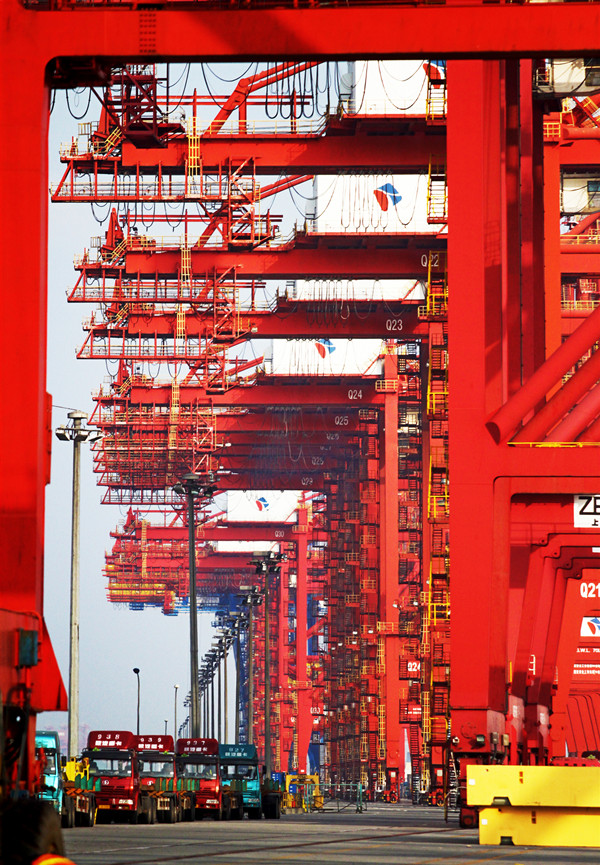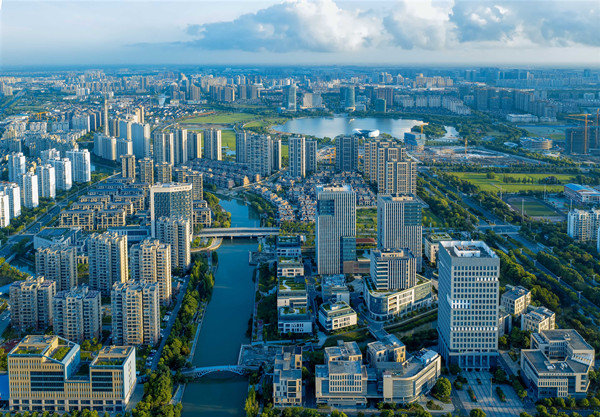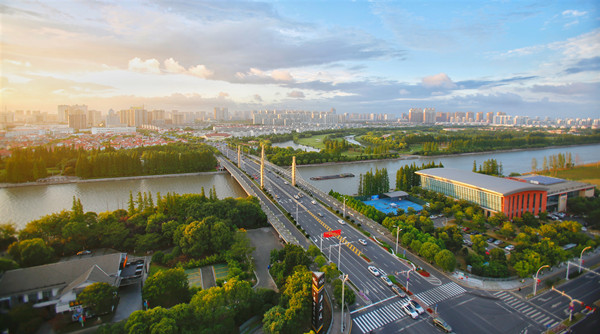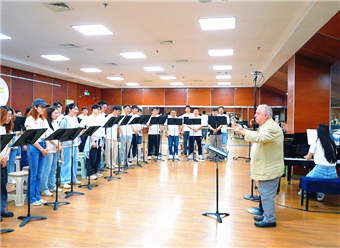A successful case of start-up
Suzhou Guanglan IT Co is located in the Taicang University Science and Technology Park and entered volume production in 2015. In its first quarter, it netted more than 5 million yuan ($ 805,232) of sales.
Guanglan's main products are equipment and software used in the monitoring and analyzing of industrial process and in industrial security control.
Two of Guanglan's clients, China National Petroleum Corporation and China Petrochemical Corporation (Sinopec), have showed appreciation for the pipe line alert system that the company produces for them.
Everything is on track, less than three years after the company was founded.
Wu Dongfang, the lead manager of the company, studied optoelectronics at university and obtained a doctorate degree. In 2013, he started the business in Taicang city, Jiangsu province.
Wu said that Taicang has easy access to resources, financing, talent and business opportunities from the neighboring Shanghai city and that the life in Taicang is casual and quiet.
The favorable policy package Wu received from the 522 Talents Policy Scheme helped him make up his mind to set up his company in Taicang. According to the 522 Scheme, the Taicang government offered Wu's company financial support and rent rebates, among other benefits.
Taicang's nurturing environment attracted a number of businesses from different sectors. Guanglan was able to find the suitable suppliers that facilitated its development through the matchmaking platform the Taicang authorities provided.
The job fairs organized by the government also brought Guanglan a competent workforce.
The Taicang government has handed out everything in its capacity to help nurture new prospective enterprises.
Data shows that a fledging operation endures its most difficult time during its first three years, when it is less likely to survive. That is why a responsible administration ought to support a promising entrepreneurship while it is in the cradle. And that is what the Taicang government has done for years.
By Liu Sitong and edited by Jacob Hooson









